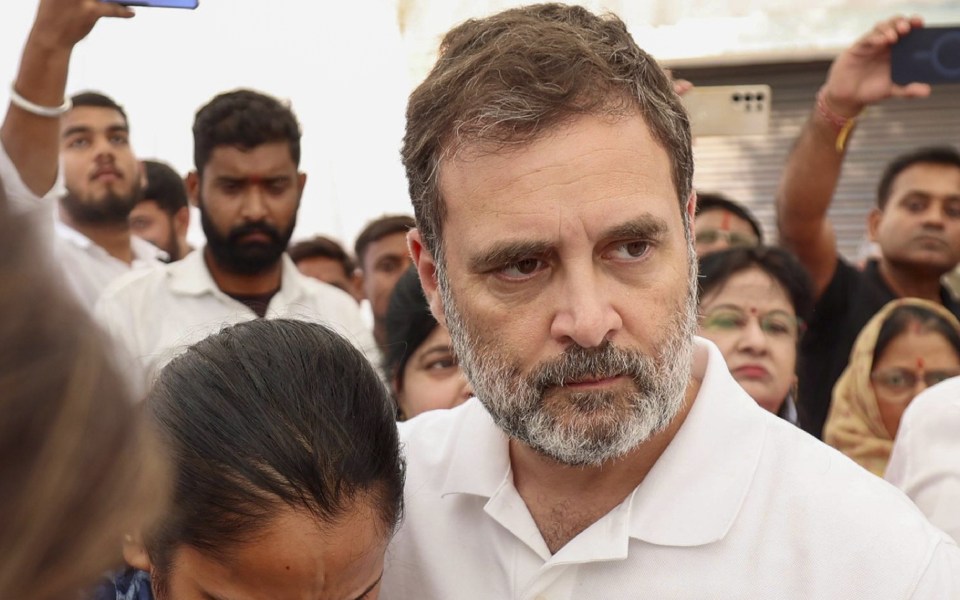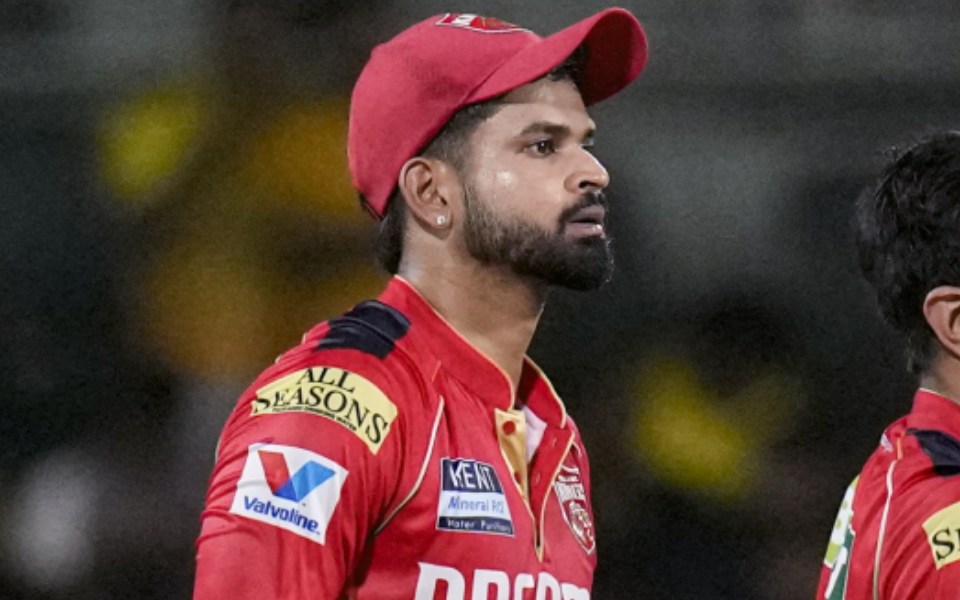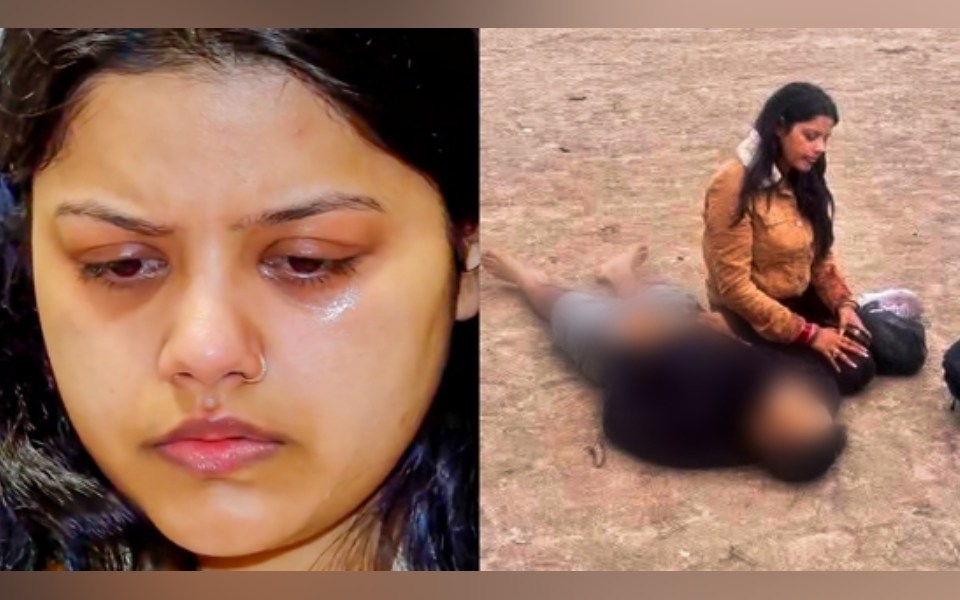New Delhi: The Supreme Court is set to begin hearing today a batch of 73 petitions questioning the constitutional validity of the Waqf (Amendment) Act, a legislation that has sparked protests and sharp political debate across the country. A three-judge bench led by Chief Justice of India Sanjiv Khanna, along with Justices Sanjay Kumar and KV Viswanathan, will commence proceedings at 2 PM.
The petitions, filed by a broad spectrum of political leaders, religious organisations, and citizens, challenge the amended Act on multiple grounds. Among the petitioners are MPs and MLAs from the Congress, Trinamool Congress, AAP, CPI, RJD, JDU, AIMIM, Samajwadi Party, YSRCP, TVK, and Indian Union Muslim League. Prominent names include Asaduddin Owaisi, Amanatullah Khan, Mahua Moitra, Mohammad Jawed, Manoj Kumar Jha, and Faiyyaz Ahmad.
Religious bodies like the All India Muslim Personal Law Board, Samastha Kerala Jamiathul Ulema, and Jamiat Ulama-i-Hind are also among the petitioners. In addition, two Hindu individuals—Advocate Hari Shankar Jain and Parul Khera—have approached the court with arguments against the Waqf Act itself.
Grounds of Challenge
The petitioners have raised several constitutional and religious objections, including:
- The dismantling of the democratic structure of State Waqf Boards through the removal of elections.
- Provisions allowing non-Muslims to be appointed to Waqf Boards.
- A redefinition of "Waqf" that eliminates the concept of "Waqf by user."
- Restrictions on Scheduled Tribe members from creating Waqfs.
- Fear of increased government interference and arbitrary executive control.
- Concerns that oral or undocumented Waqf properties could be lost.
- Allegations that the amendments seek to convert Waqf properties into government assets.
The petitioners argue that the Act infringes on the Muslim community’s religious and cultural autonomy and violates fundamental rights under Articles 25 and 26 of the Constitution.
Government’s stand
The Central Government, which has filed a caveat to ensure it is heard before any interim relief is granted, maintains that the amendments are intended to increase transparency and efficiency in the management of Waqf properties. Seven states have also backed the Centre’s stand, seeking to intervene in support of the Act.
The Waqf Amendment Bill was passed in the Lok Sabha with 288 votes in favour and 232 against, and in the Rajya Sabha with 128 votes in favour and 95 opposed. It received presidential assent on April 5, 2025.
The Supreme Court's decision is expected to have far-reaching implications for the administration of religious endowments in India.
Let the Truth be known. If you read VB and like VB, please be a VB Supporter and Help us deliver the Truth to one and all.
New Delhi, May 1 (PTI): Instagram accounts of popular Pakistani actors Mahira Khan, Hania Aamir, Sanam Saeed, and Ali Zafar have been blocked in India following a "legal request" in the wake of the Pahalgam terror attack.
"Account not available in India. This is because we complied with a legal request to restrict this content": this message was displayed when users in India tried to access the pages of these artistes.
Tensions escalated between India and Pakistan in the aftermath of the April 22 terror attack in Jammu and Kashmir's Pahalgam that killed 26 civilians.
Instagram accounts of Pakistani actors Bilal Abbas, lqra Aziz, Ayeza Khan, Imran Abbas and Sajal Aly have also been blocked.
The release of "Abir Gulaal", a film starring Pakistani star Fawad Khan, is also in limbo following the attack. The Instagram account of Fawad Khan, however, continues to be accessible by Indian users.
Instagram accounts of singers Atif Aslam, Farhan Saeed, Ali Sethi, Shafqat Amanat Ali, actors Mawra Hocane, best known for her Bollywood debut with 2016's "Sanam Teri Kasam", Saba Qamar ("Hindi Medium"), Adnan Siddiqui ("Mom"), Hamza Ali Abbasi, Veena Malik of "Bigg Boss" fame, "Churails" stars Sarwat Gilani, Mehar Bano, Nimra Bucha, and Yasra Rizvi, also continue to be active.

_vb_52.jpeg)



